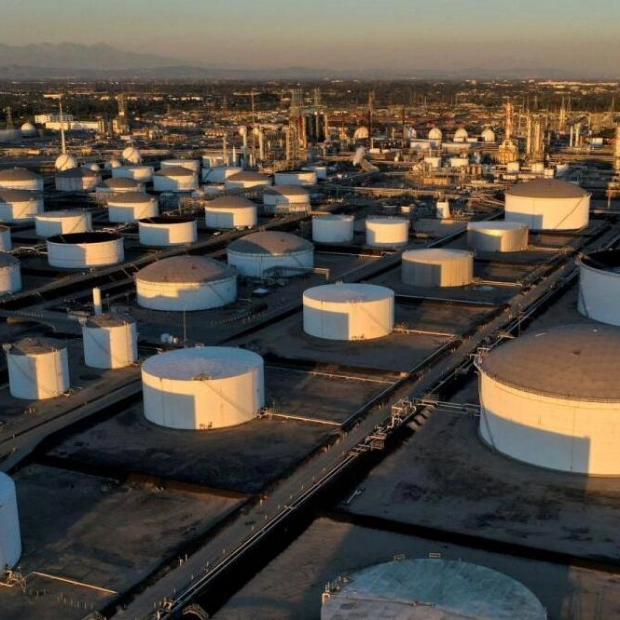Despite the unprecedented floods on April 16 that led to substantial financial losses for retailers in the UAE, purchases of rain insurance coverage by shop owners remain low. However, there has been a notable increase in demand for warehouse insurance policies in the aftermath of the rains, as companies seek to safeguard their stored goods. Both small and large businesses were significantly affected by the record rainfall on April 16, which was the heaviest in the UAE in 75 years, causing damage to properties and vehicles.
“One would typically anticipate a rise in interest for shop insurance among retailers following such events. Yet, this was not the case with shop owners. Interestingly, we observed a significant increase in interest in warehouse insurance, with inquiries rising by nearly 20 percent. This suggests a growing recognition of the necessity to protect larger storage facilities from comparable risks,” explained Avinash Babur, CEO of Insurancemarket.ae.
Anas Mistareehi, CEO of eSanad, noted a noticeable uptick in inquiries about property insurance coverage after the heavy rains. “However, the actual purchase rate stayed low, as many people were unaware of the extent of insurance coverage and the protection it provides,” he stated. Insurers in the UAE saw a massive surge in claims due to the record rains, particularly for vehicle damages. Some areas in Dubai, Sharjah, and Ajman were flooded for several days post-rain.
Retailers typically select a variety of insurance covers tailored to their specific needs. The basic coverage usually includes a standalone 'Property All Risks' policy. For comprehensive protection, many retailers opt for packaged policies that cover property, public liability, and workmen's compensation. These packages offer a holistic approach to risk management, ensuring both physical assets and legal liabilities are adequately covered.
A Property All Risks (PAR) policy not only covers damage from water and rain but also includes protection against accidental damages like fire, theft, and other natural disasters. This comprehensive coverage is essential for retailers to mitigate risks and ensure business sustainability in the face of unexpected events.
Mistareehi added that the April rains had a severe impact on many retailers. “The situation was unfamiliar for most, leaving many unprepared and resulting in significant losses. Retailers should consider insurance a crucial investment to safeguard against unforeseen and unexpected losses. Those with insurance experienced minimal disruption and limited losses, whereas those without it faced significant financial damage and nearly saw their businesses collapse,” said the CEO of eSanad.
Avinash Babur noted that the impact of the April 16 rains on retailers was quite severe. “Our general insurance portfolio saw a significant rise in claims following the incident. Since April, there has been a 45 percent increase in general insurance claims, mainly due to flood-related damages. Many clients reported their claims slightly later, but the overall trend shows a marked increase in the number of claims, highlighting the extent of the damage and financial loss suffered by business owners,” Babur added.
He strongly recommended that shop owners purchase rain insurance policies to protect their assets (furniture, fixtures, and equipment) and to safeguard their stock against water damage. Additionally, this helps maintain business continuity by covering loss of revenue and rent, ensuring that the business can recover quickly from any interruptions caused by rain or flooding.






